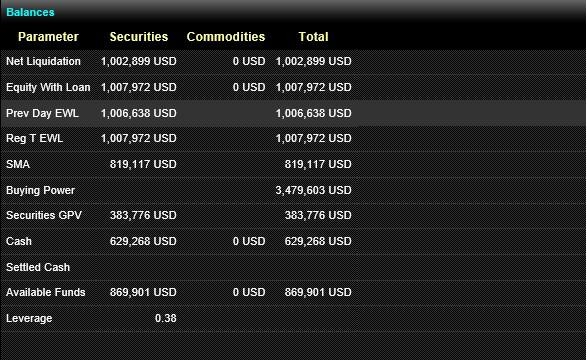For Investors Slow and Steady Wins the Race US News
Post on: 1 Август, 2015 No Comment

Investors who focus on getting rich quickly may make bad decisions.
Adam Bold
In the famous Aesop fable The Tortoise and the Hare, a hare constantly teases a tortoise for moving so slowly. One day the tortoise replies he can beat the hare, so the hare challenges him to a race. The speedy hare is so sure he’ll win that he takes a nap soon after the race starts. When the hare awakes, he goes to a nearby field to eat cabbage while the tortoise crawls his way on the race course. Tired from the meal and the sun, the hare falls asleep about halfway through the course. To the hare’s surprise when he awakes, the tortoise has beaten him to the finish line.
The moral of this fable, slow and steady wins the race, is often used in investing. It reminds people that they can be rewarded if they continually invest money over a long time period—like the tortoise winning by staying on the race course. People who focus on getting rich quickly can make bad decisions and mess up their investment plan, and ultimately fail to reach their goal like the hare.
[See top-rated funds by category ranked by U.S. News Score .]
In today’s world, we want everything instantly. Some people prefer getting fast food at the drive-thru instead of sitting in a restaurant and waiting for more healthy food to be prepared. Updates on Twitter and Facebook let friends know what you’re thinking or doing at that minute.
For investors, the difficult part is that we live in real time. It’s not easy to ignore what’s happening now. As we’ve seen recently, the markets react to turmoil in the news with larger swings in prices. The devastating earthquake and tsunami in Japan damaged a nuclear plant, sparking worries about leaks of dangerous radiation and a potential nuclear disaster. The uprising in Libya, which sparked a rise in crude oil prices to above $100 a barrel in early March, could continue for a while.
Levels of volatility change according to the kind of uncertainty or worry from day to day or week to week. Some of the major events of 2010, including the protests in Greece that sparked concerns that the country and a few European countries would default on their debt, caused sell-offs in stocks for several days or weeks at a time. The oil spill in the Gulf of Mexico also made investors jittery. Meanwhile, debates and worries persisted about the strength of the economic recovery whenever a report about employment was released.
Even though these events made it seem like a rocky year for stocks, the calendar year returns for S&P 500 Index and other benchmarks turned out to be quite good. Many investors believed the volatility of 2010 was abnormally high. But we studied the number of up days and down days for stocks in 2010, and found the count for each was in a range consistent with those of other years over the past couple of decades.
[For more investing and money advice, visit U.S. News Money. or find us on Facebook or Twitter .]
Given that we live in real time, a year in an investing lifetime can seem like a big deal. When you pay attention to the daily and weekly moves in stocks, you’ll likely see lots of volatility. Professional traders prefer more volatility because they can profit from moves in prices by the minute. But individual investors should not be making daily trades or unnecessary changes in their portfolios. If you have a longer time horizon, the gyrations will be smoothed out over time. Plus, when you’re patient with your investments, and keep adding money to your accounts year after year, you’ll eventually win the investing race.
Adam Bold is the founder of The Mutual Fund Store. which provides fee-only investment advice with locations coast-to-coast. He’s also host of The Mutual Fund Show, a call-in radio program broadcast across the country. Bold is author of the book The Bold Truth about Investing (April 2009). Bold is Chief Investment Officer of The Mutual Fund Research Center, an SEC-registered investment adviser, which provides mutual fund and asset allocation recommendations, and research to stores in The Mutual Fund Store system.














